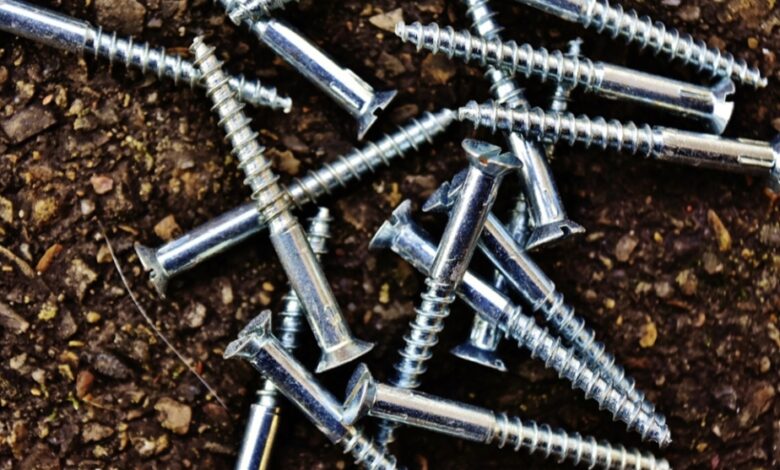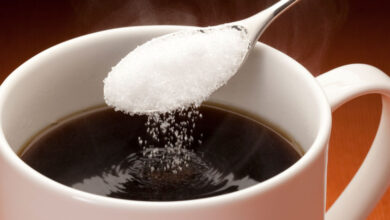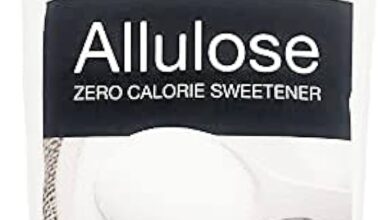The Different Machine Screw Options

Screws might not look like much, but they play a critical role in about a million different applications. They come in different sizes and materials, each one serving a specific purpose for both residential and business reasons.
There are regular machine screws and even black screws that will serve your business well in so many ways. Because they are so widely available, knowing the different types of machine screws can make them a little less confusing.
Different Head Types
There are four basic machine screw types that you need to know about. Depending on what you’re working on, one head type will work better than another so don’t just assume that all machine screws are basically the same.
When talking about head shape, it refers to the actual head of the screw alone. There are drive types for machine screws, too.
Different Drive Types
The drive type for machine screws refers to what kind of screw-driving tool you’re going to need with these. There are four common socket types:
Cross/Phillips. These have a cross or x-shape to them, the reason being that they can provide more torque during the application than your standard slot driver would.
Slot. The slot driver is also known as a flathead. The slot runs straight across the head of the screw, fitting easily with your average flathead screwdriver to quickly tighten.
Hex. Though hex drives are typically more common for bolts, some machine screws do use hex heads as well. For this, you would need either an Allen wrench or hex driver to properly tighten everything.
Hexalobular recess. The more common name for these is Torx or even a star drive. The socket has six points to it (like a star) and requires the very specific Torx tool to tighten.
Flat Head Machine Screws
If you have an application where the fastener has to sit flush to the surface, then flat-head machine screws are the best for the job. That flat top can actually be countersunk to create a flush, neat surface finish.
Where you are more concerned about the finish on joining panels, these are superior to hex head screws. If you’re simply looking for better torque and reliability, then hex head screws are going to be a superior option.
Hex Head Machine Screws
If you’re thinking about your average bolt, the hex head machine screw is probably the one in your mind’s eye. The six-sided hexagon head is one of the most common there is and goes with so many applications.
Some hex head screws can be installed with a spanner or even a standard wrench in order to provide extra torque. Recessed drive sockets, however, would indicate that they should be used with something more like your average driving tool.
Cheese Head Machine Screws
Cheese heads are really similar to round heads but only when you look at it from above. If you look at it from its profile, there is a pretty noticeable depth difference between the two. Generally speaking, you use cheese head screws for extra durability and strength.
Oval Head Machine Screws
Consider the oval head to be the “in the middle” option between the flat head, traditional machine screw, and the industrial pan head (also called a round head). Pan screws are raised from the surface even after being fully screwed whereas oval heads are much less noticeable.
Oval heads sit almost in a countersunk kind of way because of the curved underside of the screw. If you are looking for a full countersink, go with the flat-head machine screws because those are meant specifically for being hidden beneath the surface.



